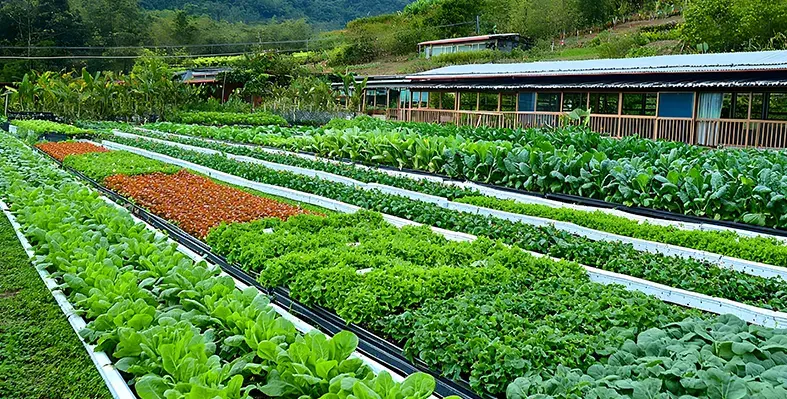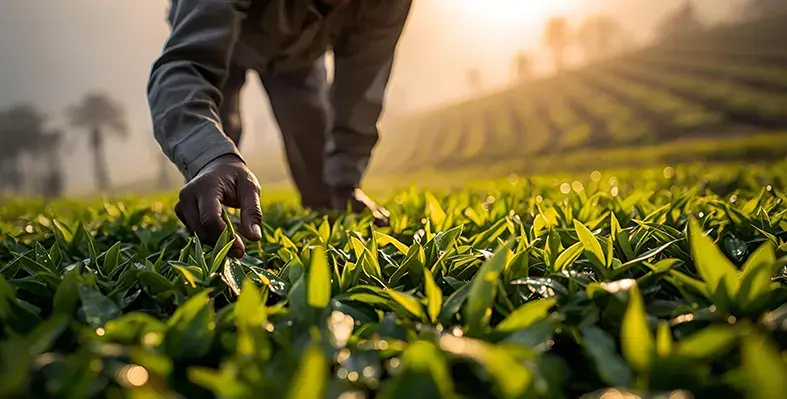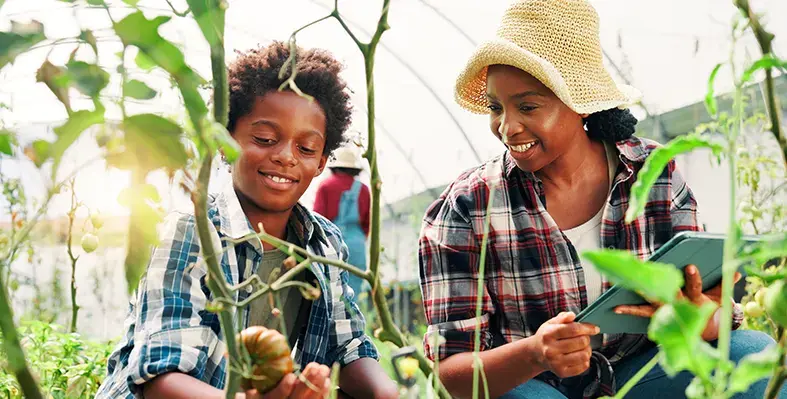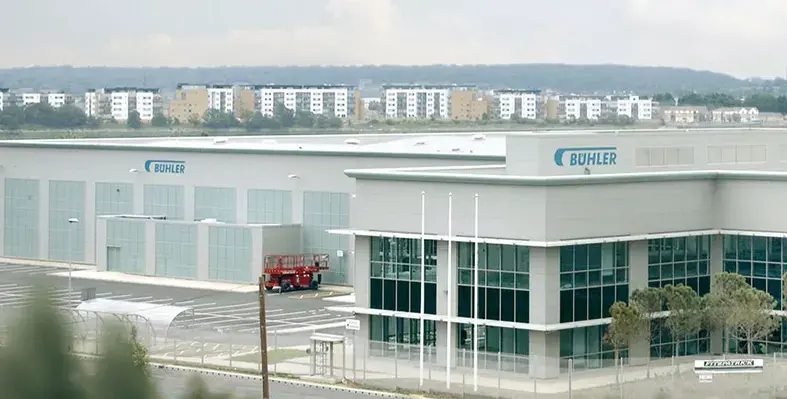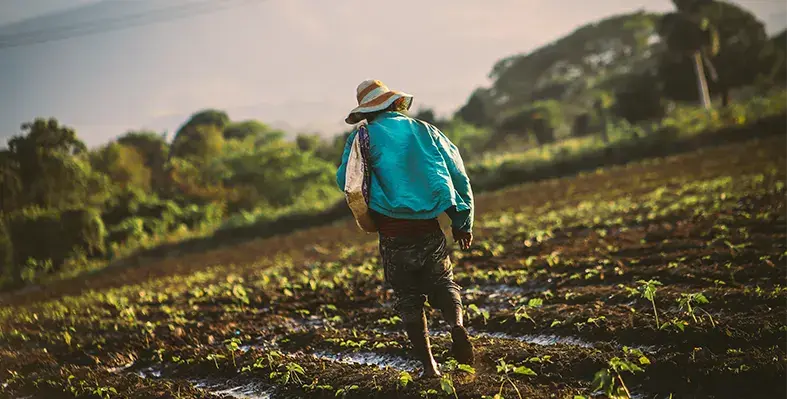
KTDA is reaffirming its commitment to empowering tea farmers and securing the sustainability of Kenya’s most valuable agricultural export.
The Kenya Tea Development Agency Holdings (KTDA(H) Limited) has unveiled a comprehensive plan to turn its ‘Farmers First’ philosophy into practical, results-driven systems aimed at improving farmers’ livelihoods and maximising returns from their tea production.
According to KTDA Group Chief Executive Officer, Wilson Muthaura, the organisation is executing a far-reaching transformation agenda built on sustainability, innovation, and farmer-focused governance. He emphasised that the core objective is to create more value for tea farmers while establishing KTDA as a world-class, future-ready enterprise.
Muthaura revealed that the agency has initiated a significant internal restructuring process to align operations with its transformation goals. As part of this effort, the KTDA board has set up ten cross-functional management committees tasked with enhancing efficiency, cutting costs, and promoting value addition across the value chain.
“The GCEO said the committees would also identify business opportunities along the entire value chain from farm to factory and all the way to the market.”
He further explained that these committees are actively contributing to KTDA’s newly developed Group Strategic Plan, designed to “future-proof” operations and ensure the agency remains resilient in a changing global tea market.
Muthaura noted that this transformation is not a top-down initiative but a collective effort inspired by a historic meeting—the first since the Tea Act reforms of 2020—convened by the KTDA chairman.
"All the 71 factory unit managers and KTDA's senior leadership came together to co-develop a roadmap that ensures every decision made benefited the farmer," he said.
At the heart of KTDA’s mission is ensuring farmers receive not only fair prices but also better quality services. "The services range from enhancing fertiliser distribution and leaf collection logistics to upgrading factory efficiency and introducing traceability tools," he said.
To achieve these goals, KTDA has begun implementing the Systems, Applications and Products (SAP) enterprise platform, which is already optimising operations and enabling smarter, data-driven decisions. The agency has also strengthened its digital infrastructure to build more agile processes and eliminate inefficiencies. "The agency is doubling down on communication and farmer engagement to ensure that growers are not just recipients of services, but co-owners of the solutions because they are shareholders, stakeholders, and strategic partners," he said.
Through these forward-looking initiatives, KTDA is reaffirming its commitment to empowering tea farmers and securing the sustainability of Kenya’s most valuable agricultural export.




